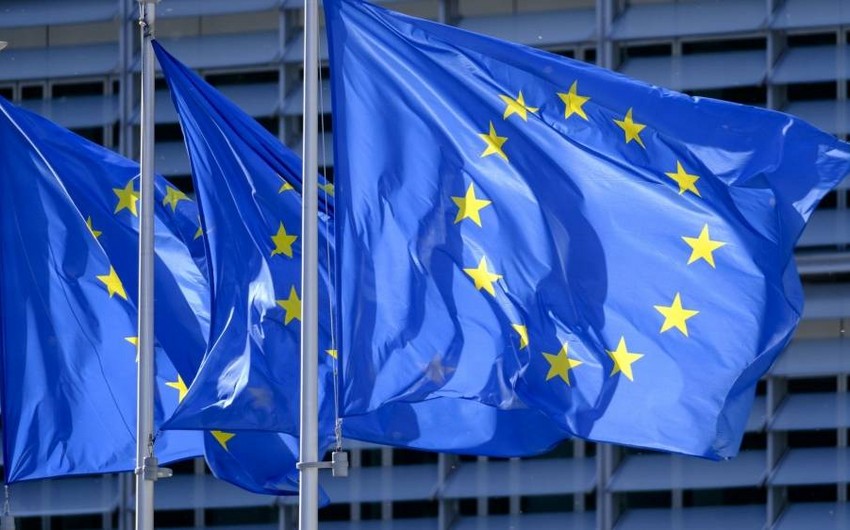Türkiye applied to the European Union to have the döner, made from seasoned meat roasted on a vertical spit, protected under the bloc’s “traditional specialty guaranteed” (TSG) scheme, Report informs via The Economist.
If the EU agrees, the döner would have to be prepared to Turkish specifications, including the type of meat (beef, chicken and lamb are fine, veal and turkey are not) and how it is marinated and sliced.
In the balance is an industry that generates annual sales of roughly 2.3 billion euros in Germany alone, and 3.5 billion euros across Europe, according to the Berlin-based Association of Turkish Döner Producers in Europe, according to Euronews.
The word "döner" is derived from the Turkish verb "dönmek," which means "to turn." The meat is grilled for hours on a spit and sliced off when the meat becomes crisp and brown.
In Türkiye, the dish originally was made of lamb and sold only on a plate. But in the 1970s, Turkish immigrants in Berlin opted to serve it in a pitta and tweak the recipe to make it special for Berliners.
In April, Türkiye applied to have döner kebab protected under a status called "traditional specialty guaranteed."
It’s below the vaunted "protected designation of origin" that applies to geographic region-specific products, like Champagne from its eponymous region in France, but could still impact kebab-shop owners, their individual recipes and their customers throughout Germany.
Under Türkiye’s proposal, beef would be required to come from cattle that is at least 16 months old. It would be marinated with specific amounts of animal fat, yoghurt or milk, onion, salt, and thyme, as well as black, red and white peppers.
It appears that vegetables, turkey and some veal kebabs — all of which are popular in Germany — would no longer be allowed under Turkey's application because it does not specifically mention them, causing confusion in the German food industry.


 https://images.report.az/photo/4d66f852-40b5-3dd7-999a-5220ddcdb57c.jpg
https://images.report.az/photo/4d66f852-40b5-3dd7-999a-5220ddcdb57c.jpg

